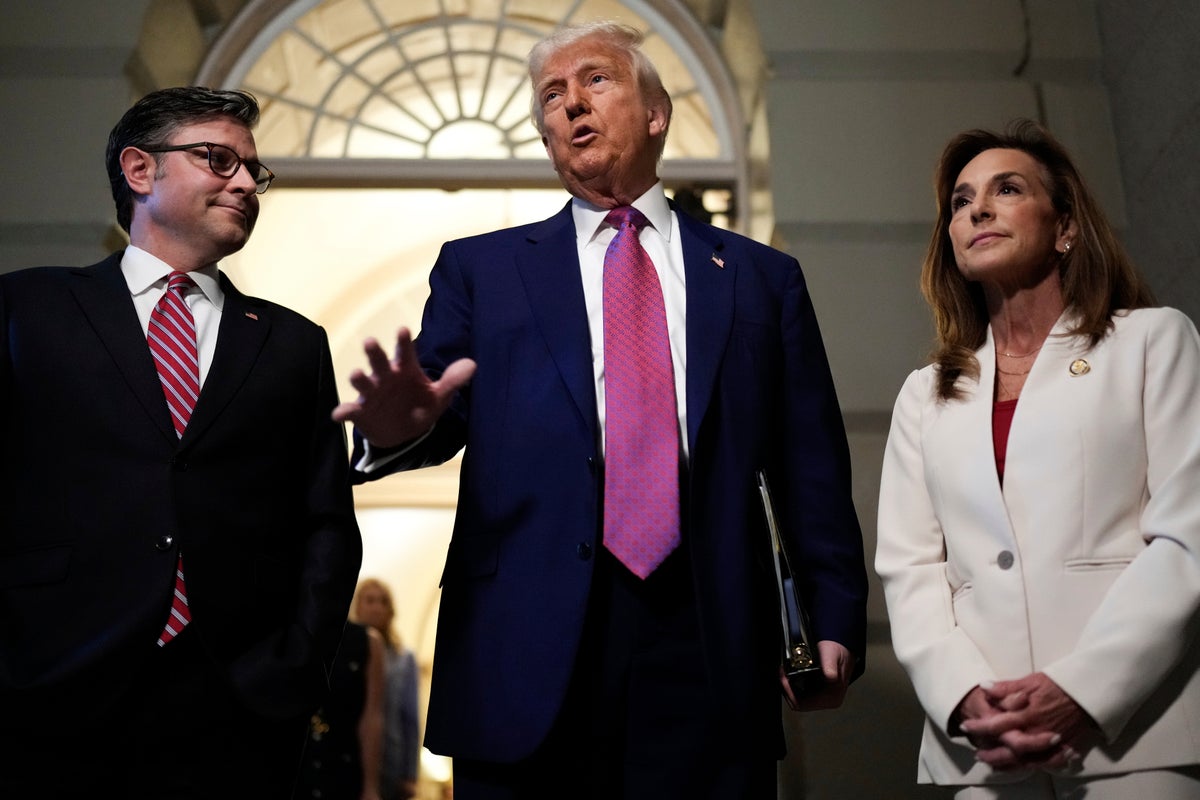ARTICLE AD BOX
Nebraskans on the federal nutrition-assistance program known as food stamps will no longer be able to purchase soda or energy drinks with their benefits, after the U.S. Department of Agriculture accepted a waiver request from the state.
The change is “the first of its kind, and it is a historic step to Make America Healthy Again,” U.S. Secretary of Agriculture Brooke Rollins said in a statement on Monday of the change to the Supplemental Nutrition Assistance Program, a federal benefit program for low-income people administered by individual states.
“There’s absolutely zero reason for taxpayers to be subsidizing purchases of soda and energy drinks. SNAP is about helping families in need get healthy food into their diets, but there’s nothing nutritious about the junk we’re removing,” Nebraska Governor Jim Pillen, who requested the waiver in April, said in a statement.
The change will take effect on January 1, 2026, impacting the roughly 150,000 Nebraskans on SNAP.
Six other states — Arkansas, Colorado, Kansas, Indiana, Iowa, and West Virginia — have also shown interest in similar waivers, according to the Department of Agriculture.
Iowa’s request would also ban the purchases of snacks like kettle corn, fruit leather, and juice drinks with less than 50 percent juice, while Arkansas’s waiver would seek to add rotisserie chicken to the list of allowed foods.
.jpg)
Critics argued the change would do little to improve nutrition for Nebraska’s poor, while adding compliance costs for stores that potentially could limit food options in rural areas for SNAP recipients.
“The average SNAP benefit in Nebraska is $5.82 per person per day – or less than $2 per meal,” Eric Savaiano, of the advocacy group Nebraska Appleseed, said in a statement. “If we were serious about making Nebraskans healthier, we would give participants the resources they need to buy healthier, less cheap foods and incentivize healthier choices – not police their buying habits and embarrass them in public.”
Despite the Trump administration’s focus on public health under its promise to Make America Healthy Again, Republicans in Congress are considering a $230 billion cut to SNAP as part of their spending bill enshrining the president’s signature first-term tax cuts.
Overall, the budget plans under consideration would ultimately transfer wealth from the poorest 40 percent of Americans to the richest 1 percent through $4.5 trillion in tax cuts that would largely benefit the wealthy, along with $1.5 trillion in spending cuts, including to benefits for the public, including the poorest, according to an analysis by Yale University.








 English (US) ·
English (US) ·